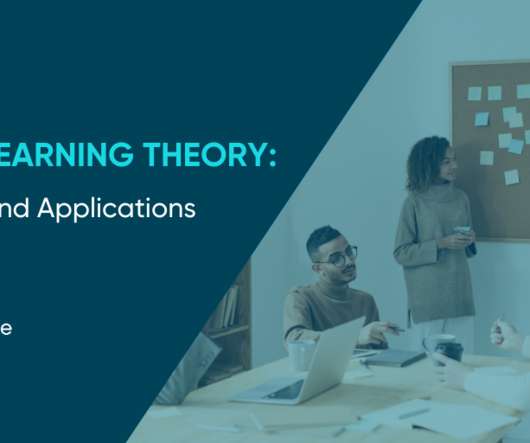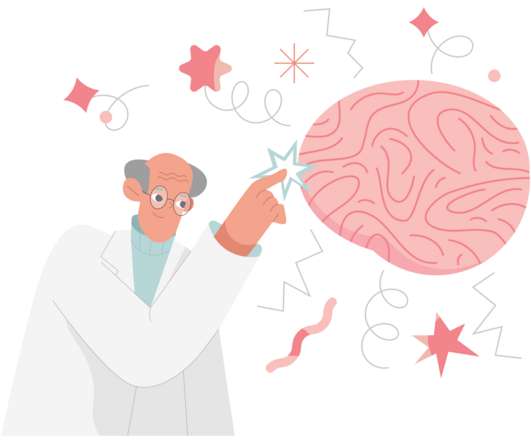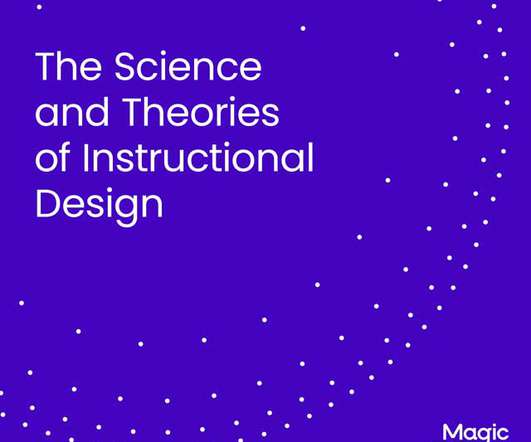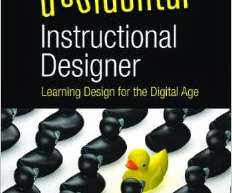Cognitive Learning: How to Use It, Benefits and Examples
Academy of Mine
NOVEMBER 14, 2020
Traditionally, in the education system, a lot of learning is black and white – either you respond to a problem with the correct answer, or you don’t and get the answer wrong. The problem with this style of learning is that it sometimes results in learners memorizing answers solely to complete a course.


















































Let's personalize your content